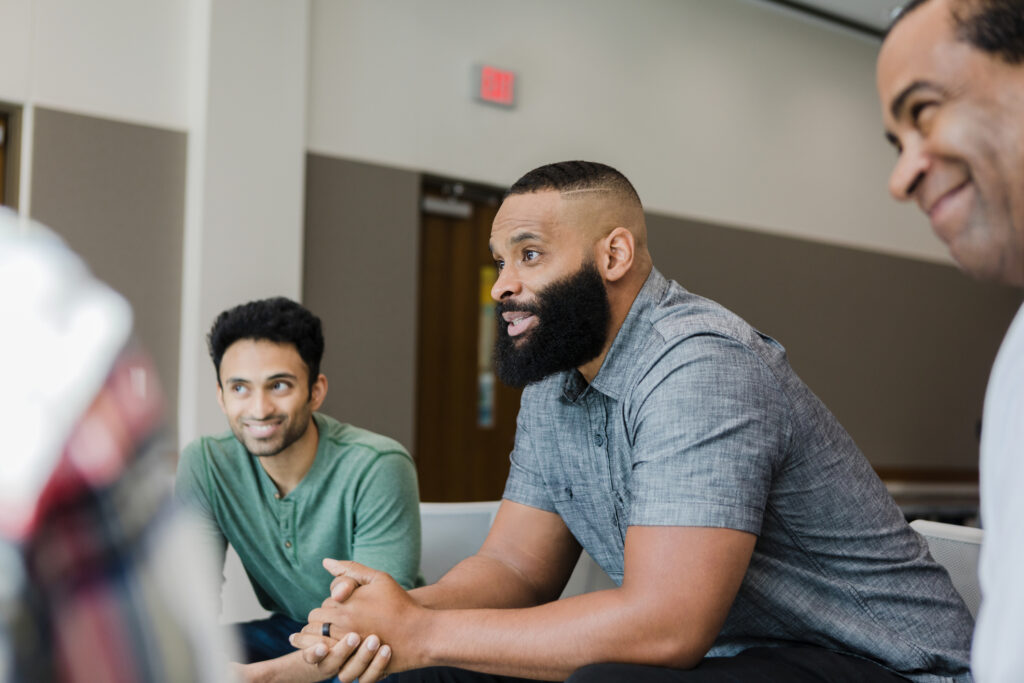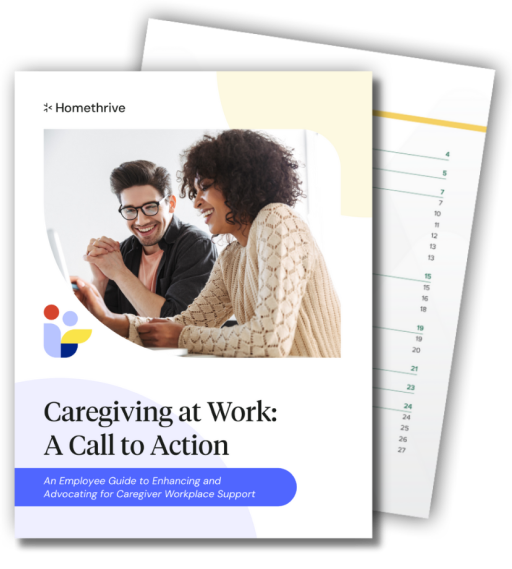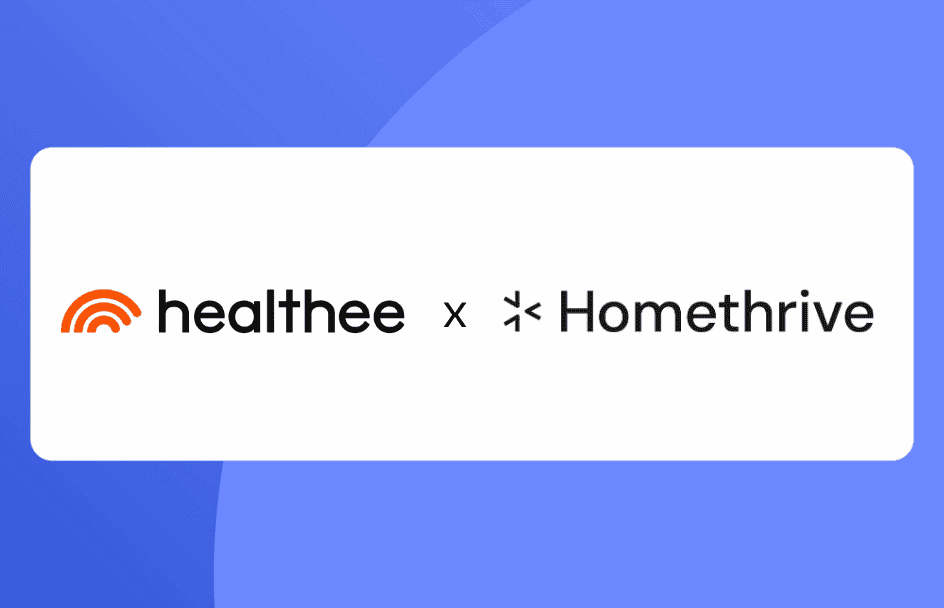Caregiving has always been a multi-generational effort. As we advance through the 2020’s, more and more millennials and Gen Z workers are doubling down on caregiving responsibilities for grandparents, aging parents, and children with disabilities.
Defining the Generations
There are 53 million millennials in the U.S. workforce. That 53 million represents 35% of all workers, the largest group of workers. According to AARP, of the 40 million caregivers in the United States, about one in four, or 10 million, are part of the millennial generation.
Younger workers are not an exception when it comes to caregiving for their loved ones. According to STAT, “of the estimated 48 million caregivers in the U.S., an estimated 14 million are under the age of 24.”
Who are the Millennials?
Millennials were born between 1981 and 1996 and often associated with traits like tech-savviness, adaptability, and a strong sense of social consciousness. Millennials tend to value experiences over material possessions. They are also known to seek work-life balance, and embrace diversity. Currently in their 30s and 40s, with parents in their upper 50s to 80s, many millennials are now part of the sandwich generation that are simultaneously caring for children and parents.
Who Is Generation Z?
Generation Z, or Zoomers, were born after 1997 and are generally thought of as digital natives, having grown up with smartphones, iPads, and laptops close at hand. Even more diverse than Millennials, those in Gen Z generally lean more progressive than their older peers, and were impacted significantly by the coronavirus and subsequent lock downs. They are also the latest generation to enter the workforce.
What Is Different About Millennial Caregivers
Millennials are more likely to care for someone with a mental health or emotional issue. Thirty-three percent of millennials care for someone with a mental health issue, compared to 18 percent of older caregivers. This is important because mental health caregivers face higher emotional, physical, and financial strain than those caring for people with physical challenges.
On top of spending more than 20 hours a week in their caregiving role, this generation of family caregivers is the most likely to be employed (73 percent). According to an AARP report, more than half say their caregiving role affected their work in a significant way.
Impact of Caregiving on Gen Z
When it comes to young adults between the ages of 18 and 24, caregiving can impact formative experiences like establishing a career, building a network of friends, dating, and earning a college degree. Likelihood of developing anxiety or depression is already higher among caregivers, and for this age range that risk increases more so than for older generations.
Why Support Millennial and Gen Z Caregivers at Work
Supporting millennial and Gen Z caregivers is not just nice, it’s also good business. These groups are not ready to leave the workforce, and will show loyalty and appreciation to employers who help them achieve a work-life balance.
The importance of maintaining your employer reputation was illustrated in 2024 when a luxury brand made headlines for all the wrong reasons.
The brand’s lack of empathy for an employee with a critically ill baby became a social media sensation, hurting sales and recruiting. Millennials and Gen Z share information widely, including information about employers. Building a reputation as a good employer is critical to any company attempting to recruit.
How to Support Millennial and Gen Z Caregivers at Work
Many of the supports a company might put in place for caregivers of any generation are especially important for millennials and generation Z. These supports include:
- Remote, hybrid, and flexible work schedules
- High quality insurance and caregiving benefits
- Mental health benefits and resources
- Caregiver Employee Resource Groups (ERGs): ERGs may be especially important for those who may be the first of their friends to be providing this kind of support to family members.
Every generation struggles with caring for their loved ones, themselves, and their careers. Knowing a little more about the generations you work with can help you determine how to best support them.
Find out more ways to support your employee caregivers by learning about the benefits that can help.
To receive caregiving benefit insights delivered straight to your inbox, sign up for our weekly newsletter.







